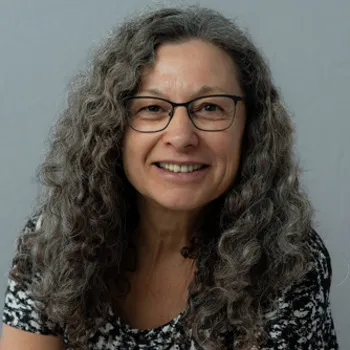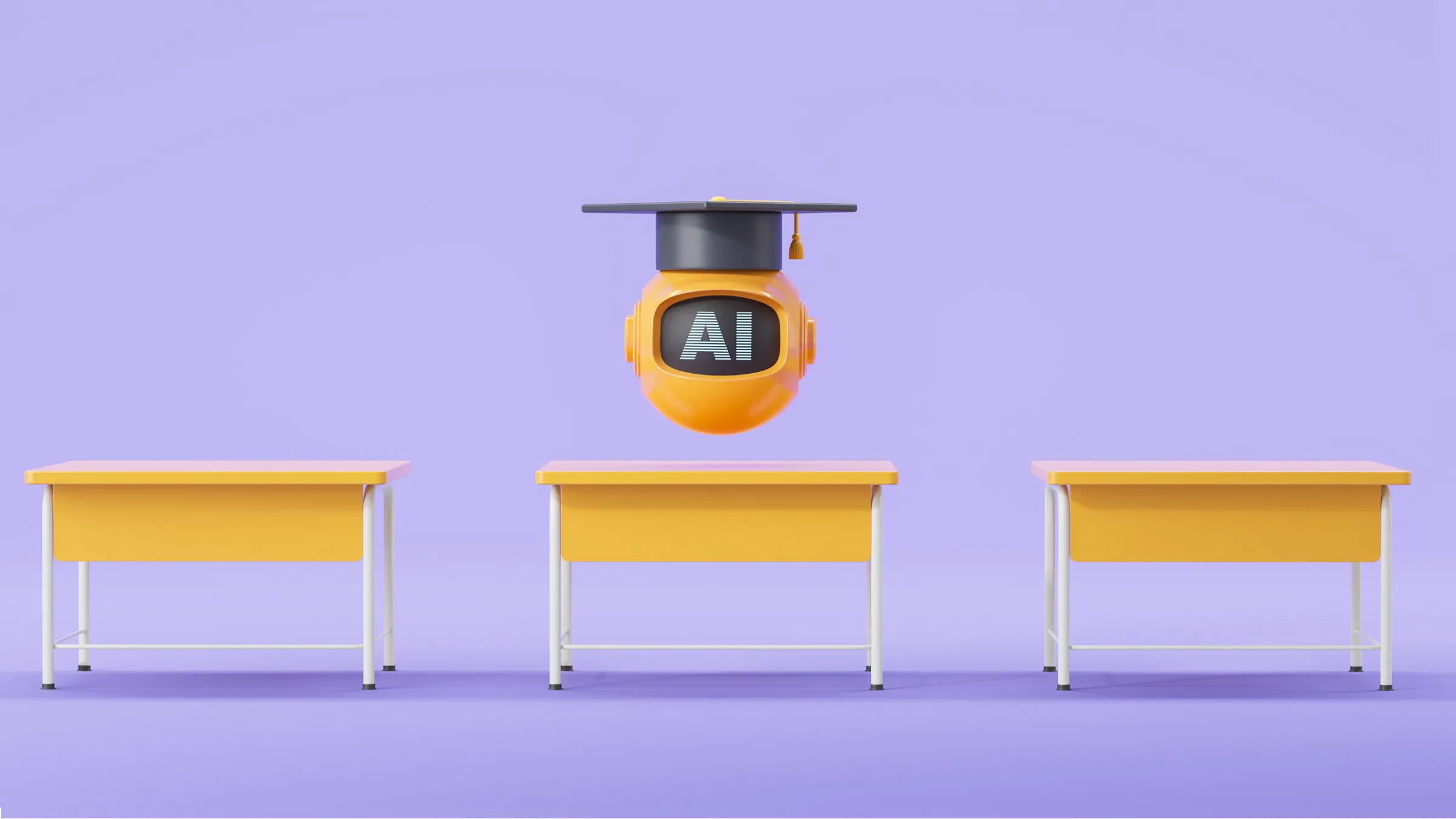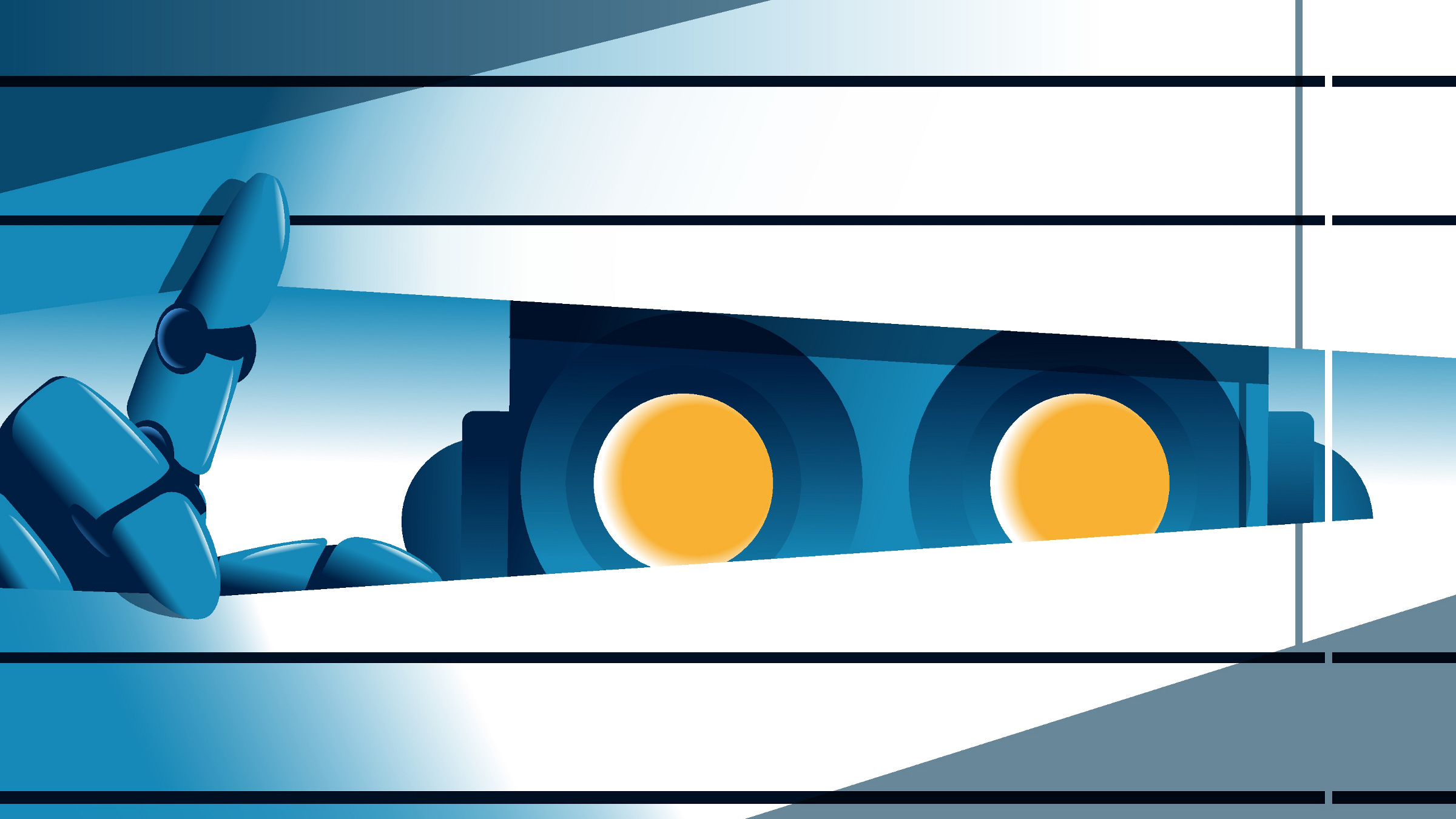In today’s fast-moving tech world, generative artificial intelligence (GenAI) is reshaping how we work, learn, and think—especially in fields like computer science (CS). But as GenAI transforms the tools we use and the skills we need, one major question remains: how do we prepare the next generation of CS professionals for a future we can barely predict?
In this post, I explore how GenAI intersects with the KSA model, a framework commonly used for workforce training, and what that means for CS education, particularly for high school CS teachers with industry experience.
Computer scientists who transition into teaching bring with them a wealth of real-world experience and a fresh perspective, transforming abstract concepts into concrete, industry-relevant lessons. Having spent years solving complex problems, designing large-scale systems, and collaborating on interdisciplinary teams, these professionals have a firsthand understanding of the skills—and the mindsets—students require in order to thrive beyond academic theory. By choosing teaching as a second career, they not only share cutting-edge practices in software engineering, data science, and cybersecurity, but also bring with them experience managing software projects and leading change processes. They also exemplify lifelong learning, adaptability, and ethical responsibility, gained by working in a variety of companies, from startups to multinational high-tech enterprises.
Computer scientists often choose to become teachers because they are driven by a desire to give back and inspire the next generation. After years in industry—where deadlines, product demands, and rapid technological shifts can feel relentless—they seek a more meaningful role that allows them to leverage their expertise. Clearly, others may have to leave their workplaces for various reasons (such as being fired) and the option of becoming a high school CS teacher reignites their own passion for learning, as they stay current by exploring new tools and methods alongside their students.
What CS Teachers Bring from Industry: A Survey
Ahead of a recent workshop titled “My Industry Knowledge in CS Teaching,” we distributed a short survey to a group of experienced high school CS teachers—71% of whom had prior working experience in the tech industry, in a variety of domains, roles, and company sizes, ranging from startups to international enterprises.
We asked a simple but comprehensive question:
“In your opinion, can the expertise that you’ve gained through your industry experience be integrated into computer science education?”
The responses we received were rich and varied. Some teachers shared specific examples, like incorporating data science, algorithms, cyber, and cellular communication into their high school lessons. Others described how they introduce students to software development practices such as testing, debugging, and design principles. Several also mentioned real-world practices such as innovative thinking, project management, and other habits that are useful in all aspects of life.
Teachers also noted when and how these industry-based insights can be introduced: starting in early elementary school, continuing through middle school, and extending into high school, particularly in project-based courses like Software Engineering or Web Programming (which are part of the Israeli high school CS curriculum). In other words, throughout the entire duration of studies.
What stood out most was how well these insights aligned with the KSA model used in professional development.
The KSA Model: Knowledge, Skills, Abilities
The KSA model breaks professional development into three interrelated components (Figure 1):
- Knowledge: facts, principles, and theoretical frameworks of a field, easily found through a simple Internet search and by using a basic prompt with any GenAI tool;
- Skills: hands-on proficiencies in a specific profession, developed through practice, like coding or system design, that current GenAI tools accomplish easily;
- Abilities: broader traits and capacities, like critical thinking, self-efficacy, and problem solving, that can be applied in a variety of situations in a variety of professions, but that currently cannot be accomplished by available GenAI tools.

In many ways, the teachers’ responses reflected all three categories, as shown in Table 1.
Table 1: Suggestions of topics to be taught in class, offered by computer science teachers with industry experience based on their experience in the tech industry
| Knowledge | Skills | Abilities |
| Data science, cybersecurity, logic, algorithmics, cellular systems | Writing unit tests, system tests, working with debuggers, thinking processes in product design | Creativity, life habits, project development |
This multidimensional understanding of teaching, in which content is only part of the equation, is increasingly critical in an age of automation and AI.
Where Does GenAI Fit In: A Disruption to Knowledge and Skills Development
In Hazzan and Erez,1 we argue that GenAI represents a disruptive force for traditional CS education. Why? Because GenAI tools are becoming highly competent at supporting both knowledge (K) and skills (S).
For example:
- Students can now ask AI for explanations of syntax and algorithms.
- They can request code samples, test cases, and debugging help—on demand.
- Using the right prompts, they can generate entire coding projects, complete with documentation.
This does not mean that students no longer need to learn CS, but it does shift the focus of their education. If GenAI can deliver Knowledge and Skills, then the role of human teachers may shift toward developing students’ abilities (A)—the mindset, habits, and meta-skills that GenAI cannot (yet) replicate.
These abilities include among others, resilience in coping with complex systems, autonomy in choosing tools and methods, ethical reasoning and awareness of bias, and the ability to ask the correct questions.
Why Industry-Experienced Teachers Matter More Now
Our survey clearly showed that teachers with industry backgrounds are uniquely equipped to teach these abilities, likely because they have already experienced the tension between textbook theory and real-world complexity. They know what it means to deliver a product on time, to manage risk, to work in teams, and to learn on the fly. Some also bring with them a natural understanding of what GenAI can and cannot do—because they have seen firsthand how tools evolve and how teams adapt.
As one teacher wrote in the survey, “I teach my students how to think like product developers—not just how to code.” In the GenAI era, these kinds of teaching practices are more relevant than ever.
Final Thoughts: From Knowledge Transfer to Capability Building
One powerful insight from our broader research is this: In a world in which information is abundant and automation is advancing rapidly, teachers are no longer merely content deliverers—they are facilitators of growth.
Teachers with industry backgrounds are particularly well-positioned for this shift, helping students connect theory to practice, navigate complex systems, and develop the mindset to learn beyond what any GenAI tool can currently generate.
As GenAI continues to mature, we must reimagine the competencies we expect students to master—and the kinds of teachers we empower to guide them. In the end, the most valuable lessons are not always the ones that can be Googled or generated, but rather those that are lived, shared, and modeled by people who have already experienced them.
Reference
- Hazzan, O. and Erez, Y. Rethinking Computer Science Education in the Age of GenAI, ACM Transactions on Computing Education 25(3), Article 26 (September 2025), https://doi.org/10.1145/3732792

Orit Hazzan is a professor at the Technion’s Department of Education in Science and Technology. Her research focuses on computer science, software engineering, and data science education. For additional details, see https://orithazzan.net.technion.ac.il/.




Join the Discussion (0)
Become a Member or Sign In to Post a Comment